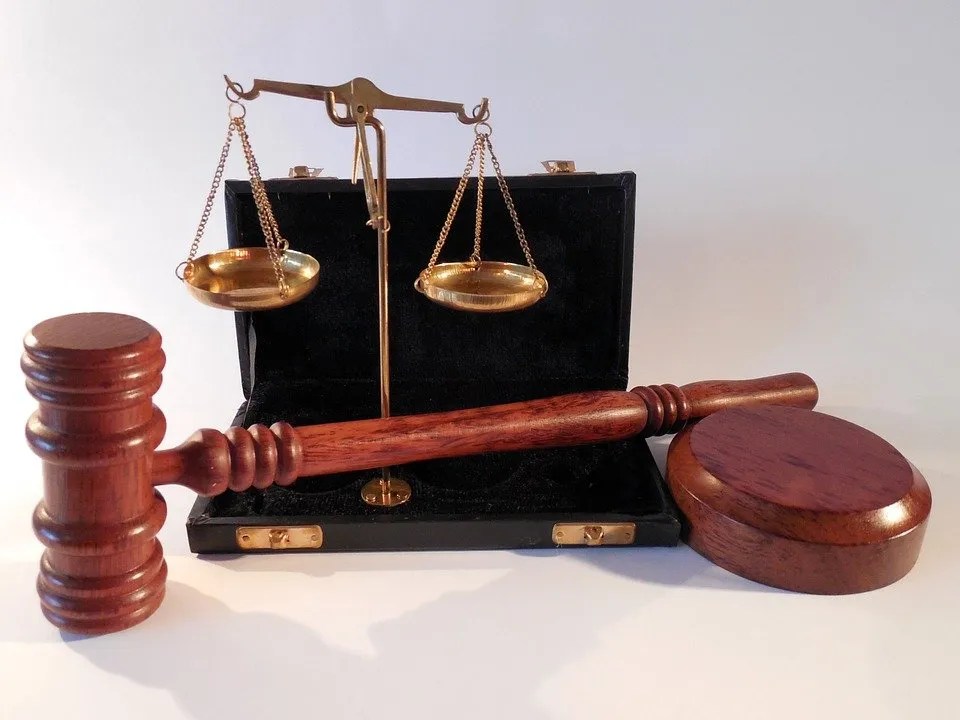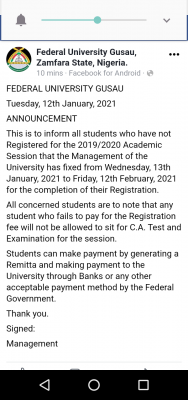
The Chief Justice of Nigeria is the head of the Nigerian judiciary, and as such, they serve as the chief administrator of courts in Nigeria and significantly influence law-making. The current Chief Justice is Honorable Tanko Muhammad (CFR), appointed by President Muhammadu Buhari. In this article, we will explore some of the most influential Chief Justices in Nigerian history from 1960 till date..
Chief Justice of Nigeria
The Chief Justice is the head and highest judicial officer in the Nigerian judiciary. The office was established by Section 147 of the 1999 Constitution, which set out that:
“There shall be a Supreme Court of Nigeria consisting of a President and such number (not exceeding eight) of other Justices as may be prescribed by an Act of Parliament. The President appoints them after consultation with such bodies or persons representing interests concerned as he deems appropriate.”
The candidate must be a citizen of Nigeria aged not less than 35 years unless they have held high judicial office (as judge of a court having unlimited jurisdiction in civil and criminal matters.) If qualified but underage, he may be appointed pending completion of his thirty-fifth year at the first opportunity. Since its independence from Britain in 1960 till date, there have been 30 Chief Justices.
List of All Chief Justice from 1960 till 2024
The first person to hold this office after independence in 1960 was Lord Denning, who had it for less than a month before being appointed Master of the Rolls.
Nigeria’s first indigenous Chief Justice was Sir Louis Mbanefo. He briefly served as acting CJ between 1969 and 1970 before being replaced by Samuel Akintunde Moore after a disagreement with Yakubu Gowon over judicial salaries. The longest-serving Nigerian chief justice is Adeniyi Jones-Smith, whose term lasted from 1979 to 1988.
Since its independence from Britain in 1960 till date, there have been 30 Chief Justices. They are Lord Denning (1960-1961), Sir Louis Mbanefo( acting) 1969 -1970, Samuel Akintunde Moore 1970–1976). Adeniyi Jones-Smith 1979-1988, Sabur Mohammed 1981–1985, Mustapha Akanbi 1985–1987, and Aloysius Iyorgyer Katsina-Alu 1989–1992. During this period, the office of chief justice was held by a Northern Nigerian while all other offices were occupied by southerners at every level, including the President, which is made up of mainly northern military officers, which led to serious tension between the north and south. The Nigerian government responded by ending the military rule of Gowon in 1979 and reverting to a civilian regime under Shehu Shagari.
In 1992, Anthony Ani was appointed as Chief justice after Aloysius Iyorgyer Katsina-Alu. In 1996 he retired, and Abdulkadir Balewa took office as chief justice on August 26th, 1996. He served for a year before being replaced by Mohammed Lawal Uwais in 1997. He served until 2000 when Adetokunbo Kayode became acting CJ of Nigeria at Olusegun Obasanjo’s tenure. During his time in office, Kayode faced allegations that he misappropriated N250 million meant to settle lingering cases involving military pensions during Ibrahim Babangida’s administration. He died while still serving as Acting CJN.
In 2001, Dahiru Musdapher was appointed to the CJN position. In 2006 he retired, and in 2007 Mohammed Uwais succeeded him as Chief Justice of Nigeria until 2009 when he stepped down from office following a dispute with President Umaru Yar’Adua over judicial corruption. He was replaced by Aloysius Katsina-Alu, who served for two weeks before being removed on health grounds and making way for Abdulraheem Oyetunde Boade, who held the post for less than six months before he was appointed President of Nigerian courts of appeal.
The next person named Chief justice after Abdulraheem Oyetunde Boade was Muhammadu Lawal Uwais, who held the post from 2010-2011. He is succeeded by Walter Samuel Nkanu Onnoghen, a former Chief Judge of Cross River State and current CJN since January 2018, whose term will end in January 2020.
In the last week of December 2018, Onnoghen was suspended by President Muhammadu Buhari on allegations that he failed to declare his assets and overspent N600 million in court renovations. This suspension will end his tenure as CJN, slated for January 2020 after seven years in office.
On May 29th, 2019, the Federal High Court decided whether or not Onnoghen should be reinstated while investigations proceed into corruption charges against him. The decision of the federal high court upheld the recommendation of an investigative committee who claimed there was enough evidence to merit further investigation before making any judgment about whether Onoghen had acted improperly or not.
Onnoghen appealed the decision of the federal high court, and a stay order was granted pending appeal, preventing him from being reinstated as CJN until after an appellate ruling is made on the matter by either the Supreme Court or Appeals court. The final judgment will most likely end up before Nigeria’s highest court, which would mean that Onnoghen would not be able to operate in his role as head of state judiciary while awaiting resolution of these charges against him. It implies that no new appointments can be announced for any judicial positions, including judges, magistrates, and other officers under his command who must report directly to him during this period. However, with time ticking away without a resolution, the Federal Government will have to work quickly to find a suitable replacement.
Who is the current Chief Justice of Nigeria?
The current Chief Justice of Nigeria is Mr. Justice Ibrahim Tanko Muhammad, CFR. He was appointed by President Muhammadu Buhari, who took oath as President in May 2015 after winning elections postponed for six weeks to allow security forces to address militant violence around vote-tallying stations.
Current Chief Justice of Nigeria Chief Justice Ibrahim Tanko Muhammad was born in December. 31st, 1953 in Doguwa, Giade Local Government of Bauchi. Chief Justice Muhammad is the Chief Judge of Nigeria’s Supreme Court and President of the Nigerian courts of appeal. He graduated from Ahmadu Bello University Zaria in 1977 with a Bachelor of Law Degree. Chief Justice Muhammad was called to the Nigerian Bar in 1978 after completing his mandatory one-year National Youth service. He started his career as a legal practitioner at Giade. He served for six years before serving Bauchi State Ministry of Justice and later Plateau state ministry of justice between 1982- 1986.
From 1987 till 1990, he was a legal practitioner at Abuja and later moved to Gombe State Ministry of Justice as a Permanent Secretary between 1990- 1993. Between 1994 -1995 Chief Justice Muhammad served the Federal Republic Of Nigeria Legal Aid Council as an Executive Director.
The Longest and Shortest Serving Chief Justices of Nigeria
The longest-serving CJN has been Adeniyi Jones-Smith, whose term lasted from 1979-1988. The shortest duration also belonged to Adetokunbo Kayode, who served as acting chief justice for six months before being replaced with Abdulraheem Oyetunde Boade.
Final Words
In conclusion, Nigeria’s judiciary has experienced significant changes over the last decade, with new appointments being made regularly and old ones retiring or dying while still serving in office. To date, there are 15 living retired CJN, including Onnoghen, who was suspended on December 29th, 2018, pending further investigations into corruption charges against him before he can be reinstated. The total number of members that have served as chief justice since 1960 is 26 individuals, and the latter does not include any acting chiefs during their term of service. It brings this figure higher than 30 people for those installed and removed by various administrations rather than simply stepping down.




